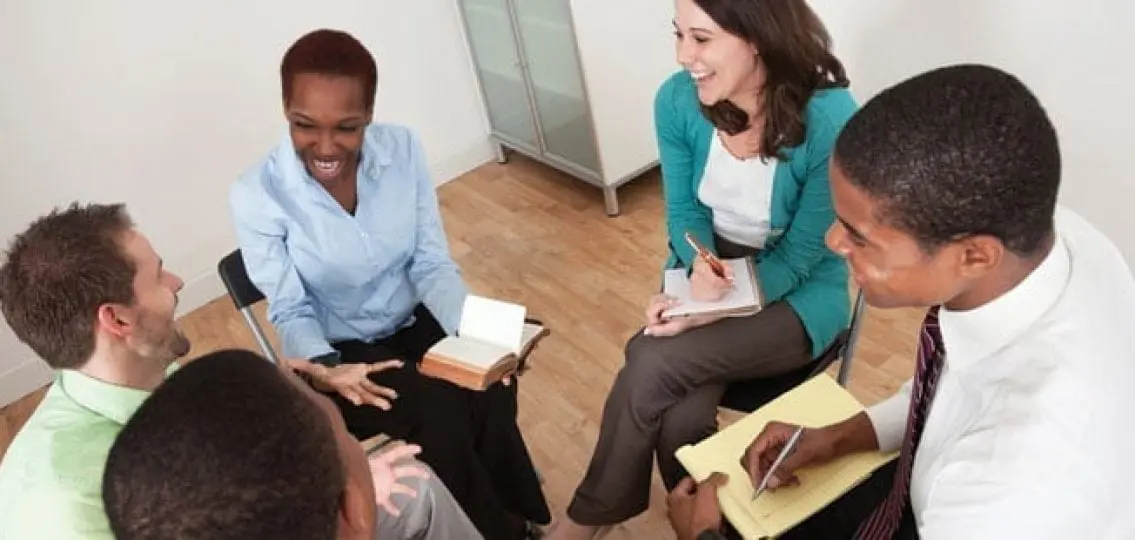Recently, our middle son graduated from our temple’s high school program. It was a lovely service, complete with a video montage of the kids from consecration at age seven to graduation.

Later that night, I said to my husband, “Remember when Ethan told us he was ‘done’ after his Bar Mitzvah?”
“Wow—I forgot about that.”
It’s true. Ethan declared upon becoming a Bar Mitzvah at age 13 that he was officially done with his Jewish education. Sure, maybe part of it was to get a rise out of us (taken from Chapter One of the middle child playbook), and maybe part of it was his asserting his independence of becoming a man in the Jewish tradition.
I felt confident, though, that he would change his mind—or I would change it for him. I am the parent—don’t I get to set all of the rules?
When Ethan said it for the tenth time, and I was tired of arguing with him, I called our rabbi.
“Here’s the deal,” I told him. “He goes to Jewish overnight camp. He is raised in a Jewish household where we observe Shabbat each week. I am not going to be the enforcer.”
I expected blowback from our rabbi—but instead I got, “I get it. Let Ethan come to it on his own.” Whoa.
Hmmm, I thought, he’s certainly not “coming to it” on his own, but I let it lie. I consoled myself with the stats about Jewish camping leading to more observant Jewish adulting.
I don’t remember what happened in 8th grade, but I clearly remember the first Monday night of ninth grade. Ethan asked for a few dollars for pizza that was being served at Monday school—Monday school is religious school, which we hadn’t even talked about.
It was the first Monday of the next approximate 150 Mondays where, of his own volition, he attended religious school.
No conversation with us—no pleading from us, no protesting from him.
It got me thinking about all the growth our kids go through—and people’s comments when I complain about one being lazy, one being too motivated, another being risk-averse: “He’s got to come to it on his own, in his own time and way.”
But can’t I just get him there on my timeline?
There were (are) so many times when I wish I could take that breath, hold my tongue, not project 10 years into the future that the “lazy” middle schooler will end up jobless and homeless. It’s writing a future with hardly any data. But it’s what we do as parents—out of hope, but mostly out of fear.

So, in this month of graduations and “lasts,” I am going to take that deep breath, let my kids be themselves—as Oscar Wilde said, everyone else is already taken—and appreciate them for who they are today.





